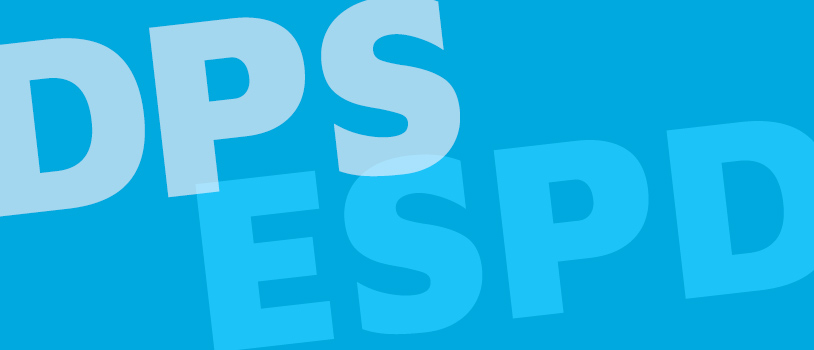
New solutions to old challenges
Public procurement, governed by the Act on Public Contracts, as well as the principles of central procurement involve factors that customers and suppliers alike may find inflexible or unclear. In addition to participating in the promotion of procurement know-how, Hansel responds to the challenges by introducing new electronic tools to organisations making purchases, as well as to suppliers.
Hansel’s customers often prefer flexible and customisable framework agreements to ready-made service packages.
“Framework agreements can be customised through, for example, customers’ simplified tendering processes. However, the simplified tendering processes can seem difficult. We have responded to customer needs by offering them support in simplified tendering processes; Hansel can even perform the entire simplified tendering process on behalf of a customer”, says Chief Category Officer Susanna Närvänen.
The administrative work involved in simplified tendering processes will become easier in 2018, as the processes can soon be performed electronically through the Hanki service. In the future, central procurement through dynamic procurement systems will make it easier to customise central procurement to each customer’s needs, since the DPS provides more freedom in the determination of the object of acquisition than the framework agreements.
The DPS also brings a change to the static nature of the framework agreements, especially from the point of view of suppliers, since the dynamic procurement system maintained in the Hanki service makes it possible to become a framework agreement supplier even during the validity of a framework agreement.
Everything can’t be changed, but almost everything can be made to work smoother
The most common criticism from Hansel suppliers revolves around how price seems to be count too much in tendering competitions, while quality weighs too little. They also wish that innovations were taken into consideration better in the tendering competitions.
“Customer needs are prioritised in all tendering competitions related to framework agreements, and innovations are taken into consideration to as great an extent as possible. The consideration of innovation, and to some extent quality, is made challenging by the fact that the tenders have to be commensurable with each other.”
Public procurement is also affected by factors independent of Hansel, such as the fact that the Single European Procurement Document (ESPD) became compulsory in public procurement. eNEST, an EU project led by Hansel, focused on the development of the electronic tendering process and the digitalisation of the ESPD, thus making its use smoother.
Electronic tendering processes, as such, have been received well by customers and suppliers alike.
“As tendering processes have been digitalised, the administrative workload related to public procurement – which has traditionally been considered heavy – has become lighter. Digitalisation saves time, effort, and paper for all parties involved in the tendering competition”, says Susanna Närvänen.
The use of the Hanki service is free to the tenderers, while customers pay €100 per month. When using Hansel’s tendering service, no separate fee is charged for the use of the electronic tendering system.




 Read next
Read next